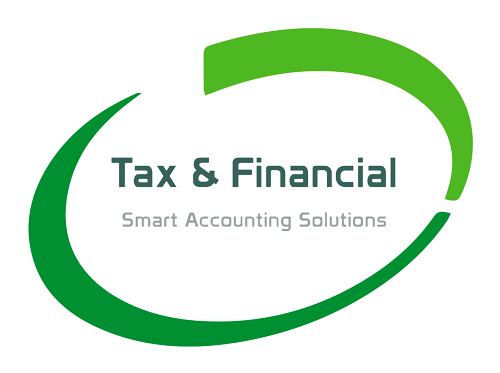“You’ll need to get the crayons and puppets out for me, Anita.”
One client said that when we were trying to explain a particularly complicated bit of tax legislation to them. Apart from being funny, it reminded us of our duty to translate the language of HMRC for our clients.
So, how important is communication? We’d argue that without it, there can be no relationship between the accountant and the client. It’s vital to maintain and grow the knowledge base needed to ensure that you’re doing all you can to make accounting more accessible.
Breaking things down
You may ask the question: “Is there any need for all the jargon?!” and you’d have a point.
We’d argue that the answer is probably no, but is more nuanced than it all just being nonsense.
Like any established discipline, technical terms are important for explaining and giving specific principles a name. This encourages a more scientific approach to whatever it is you’re doing. Accounting is no different.
But as a business owner, do you have time to learn all of this? The short answer is probably no. Why should you have to learn the difference between a ‘prepayment’ or an ‘accrual’?
Explain it
As an accountant, it’s our job to explain what’s needed back to our clients with reasoning and an easy-to-follow thought process.
If we overdo it with the jargon, you’re just going to switch off – this could have serious consequences further down the line.
Like any profession, there are always going to be these terms that require prior knowledge to grasp.
Take being a doctor for example – telling a patient the intricate details about their back problem might not be the best solution when a simpler, more relatable description could suffice.
The best way to describe things is ‘for the layman or everyman’ – you want anyone off the street to be able to understand the complex terms that you’re discussing.
With accounting, it’s the same. We want you to understand what we’re saying, with no room for error. So we’ll do our best to break down terms and make them as accessible as possible.
Some example terms
Revenue and income can both be used, but we’d always explain this as sales. Everyone knows what a sale is.
Trade debtors and accounts receivable are both terms that an accountant might use to refer to unpaid sales. We’d always just say unpaid sales.
This isn’t the same as trade creditors or accounts payable, which are related to unpaid bills.
Financial statements can have many different names: balance sheets and statements of financial positions to name a few. The name isn’t as important to you as the client – what matters is the contents, and in this case, that will be a list of your assets and liabilities.
Let’s talk!
To us, accounting should be simple. Not clouded in technical terms that alienate you and make you feel inferior.
We’ll work with you to build a strong relationship and help you to understand the most important terms, so that you can grow your business, and understand accounting.
